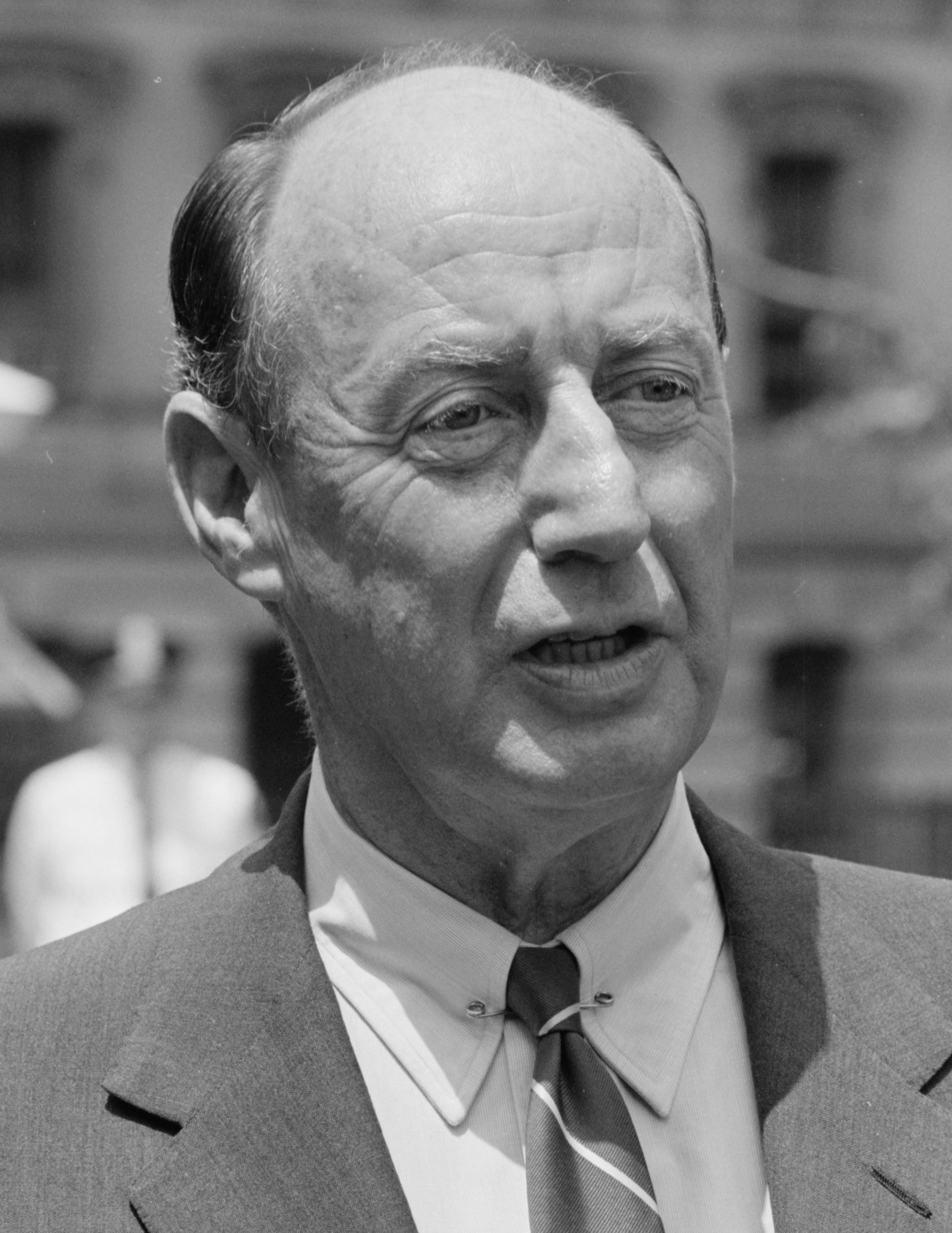„Były czasy, kiedy tylko głupców nie trzymały się pieniądze. Teraz zdarza się to wszystkim.”
There was a time when a fool and his money were soon parted, but now it happens to everybody.
Źródło: The Stevenson wit http://books.google.pl/books?ei=5LgXTYz2PMuv4Aarp72GAg&ct=result&id=xWMXAQAAIAAJ&dq=Stevenson+Wit&q=There+was+a+time+when+a+fool+and+his+money+were+soon+parted%2C+but+now+it+happens+to+everybody.#search_anchor, Doubleday, 1966, s. 88.
